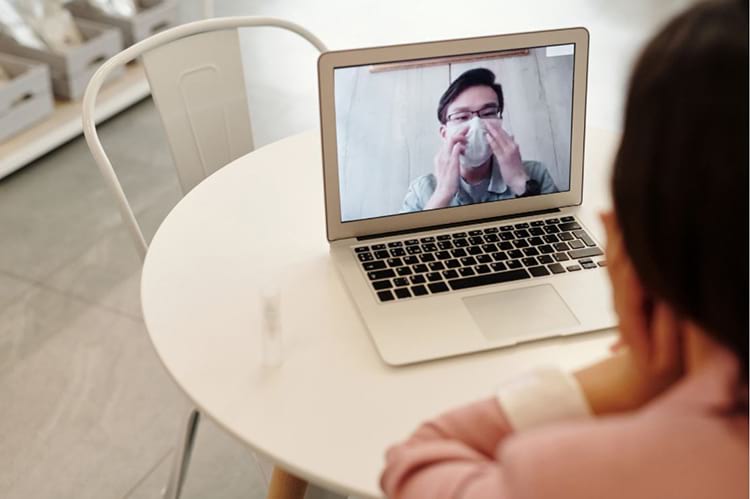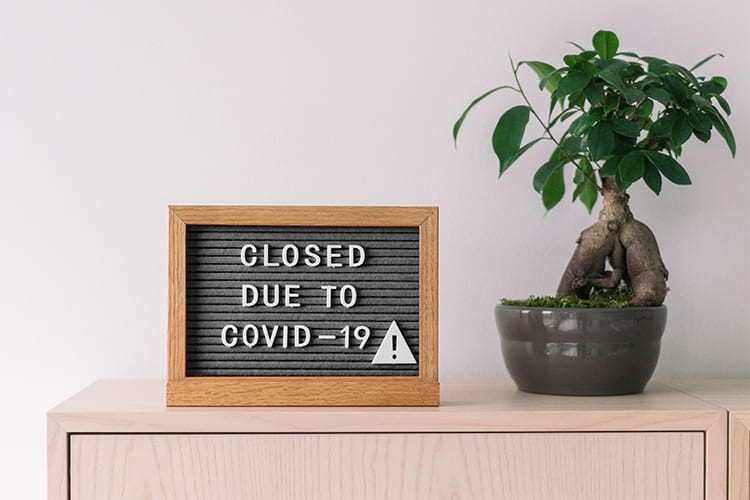Employee attendance due to the ongoing COVID pandemic is becoming an uphill battle for businesses. The problem is that it’s not just about being absent from work due to illness. Employees may be off for various reasons. They may be showing symptoms or may have come into contact with someone with the virus. All these instances warrant taking time off work, and each case determines how their sick leave is approached, and how they are paid.
For this reason, it is important to know what the law states regarding COVID sick leave policies.
What you need to know
The Consolidated COVID-19 Directive on Health and Safety in the workplace (the Consolidated Directive) was published on Oct. 1, 2020, in order to clear up confusion surrounding the topic of COVID sick leave in South Africa. As cited by LabourWise, an employee must be placed on sick leave if:
- They show symptoms of COVID-19, or
- They inform the employer of those symptoms
In these instances, the employer must not permit the employee to enter the workplace or report to work. If they already are in the workplace, the following measures must be taken:
The employer must isolate the employee, provide a surgical mask, and arrange that they are transported in a way that will not put other staff or members of the public at risk.
The employee must then be self-isolated or referred for a medical examination or testing.
The employer will then have to disinfect the area and establish who the employee has been in contact with. Those employees will then be referred for screening.
Return to work
According to Labourwise, the law regarding COVID sick leave in South Africa states that, in mild cases of infection, an employee may only return to work after 10 days of isolation from the onset of symptoms.
If they were suffering a moderate to severe case of infection and had to be hospitalized or use an oxygen mask, they may only return to work 10 days after being declared clinically stable, or if they have been cleared to return to work following a medical evaluation.
It is the employer’s responsibility to ensure safety precautions are taken. These include wearing face masks, social distancing, as well as sanitizing and washing hands. The employer is also required to monitor the employee for symptoms for 21 days after they were diagnosed, and to ensure they adhere to strict precautionary measures.
Abuse of sick leave
These new COVID leave policies do open the door for abuse of sick leave, so keep in mind that an employer is entitled to require proof of illness if an employee is absent from work for more than 2 days. If they do not produce a medical certificate, an employer is not required to pay them. If they do provide proof of illness, regardless of whether it is COVID-19 or another illness, the employer is required to pay the employee if they have sick leave available.
Let’s talk pay
The context of the situation influences whether or not an employee is entitled to paid sick leave and other benefits. New regulations regarding COVID sick leave in South Africa state the following:
If an employee has symptoms:
If an employee is showing symptoms of COVID-19, or has alerted their employer to any symptoms, they must be placed on sick leave. An employer is entitled to ask them to produce a valid medical certificate before paying them. If they have used up all their sick days, the employee may claim UIF illness benefits.
If an employee has been exposed to someone with COVID-19 in the workplace:
The measures taken depends on whether an employee had “high risk” exposure to someone with COVID-19 in the workplace, or “low risk” exposure.
What does that mean?
“High risk” is when an employee has come into close contact with someone who has tested positive for COVID-19 (within 1 meter) for more than 15 minutes. In this case, the employee should provisionally be placed on sick leave and is not required to produce a medical certificate. However, if they do test positive for COVID-19, their absence should be dealt with as a claim for compensation.
In terms of the Compensation for Occupational Injuries and Diseases Act of 1993 (COIDA), the Compensation Fund will make payment for temporary disablement for as long as the employee is booked off, provided it does not exceed 30 days.
In the instance of “low risk” exposure, which means direct exposure did not take place, the employee may continue working provided they monitor their symptoms. The employee is not entitled to sick leave unless the employer decides it is necessary for them to stay at home.

 Leave Rules During Lockdown - What You Need to Know
Leave Rules During Lockdown - What You Need to Know